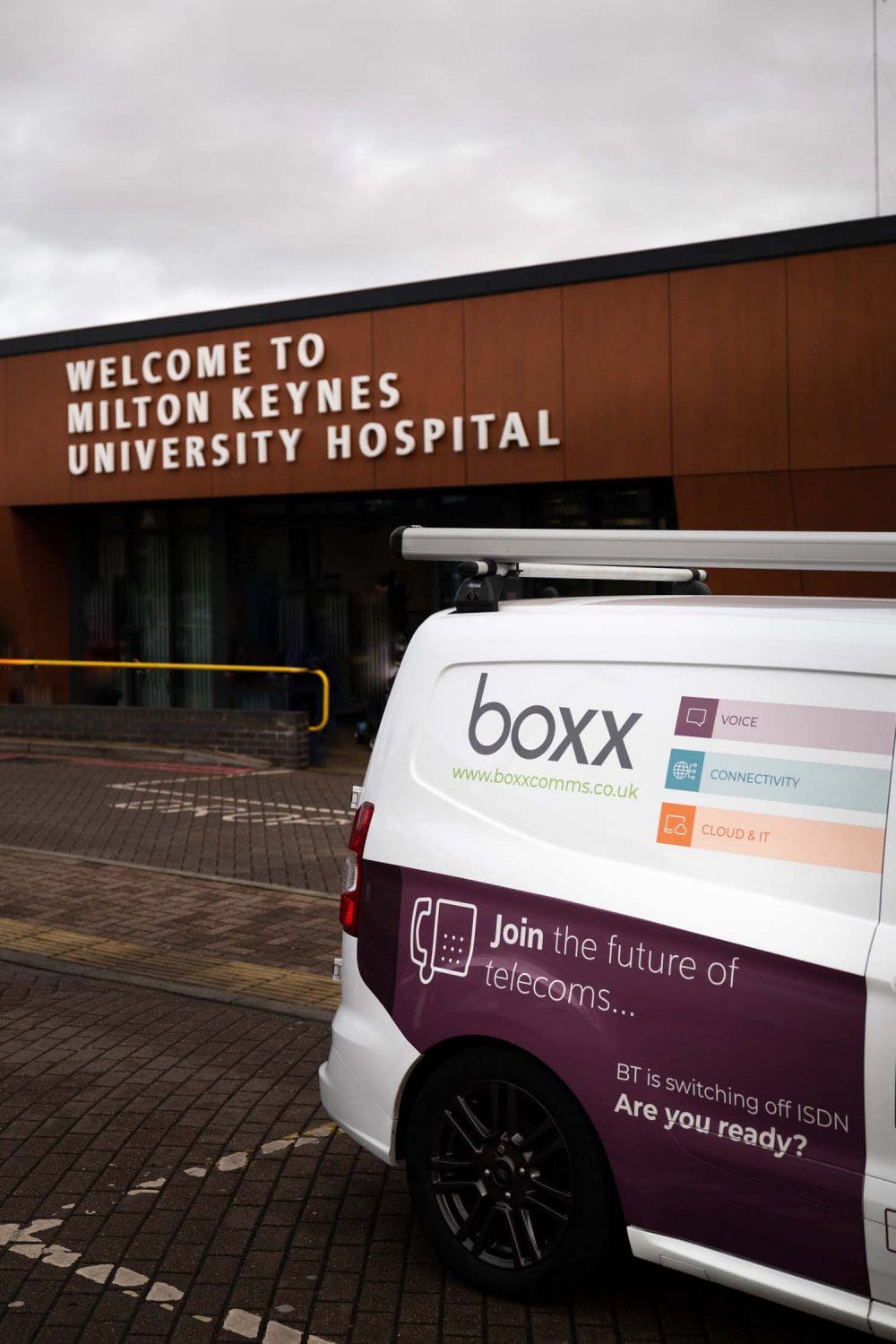Throughout the COVID-19 crisis, many businesses have been compelled to put almost everything on hold. This is perfectly understandable and would certainly seem a common-sense option under the circumstances.
But whilst business activity may be restrained in many ways, and for some more so than others, that doesn’t have to stop us thinking and planning ahead. This crisis will eventually come to an end, although when that will be remains unclear, for now at least. In the meantime, we have an opportunity to set new ideas and projects in motion and there are certainly some areas in which businesses can still make progress.
What have we learnt?
For many, the sudden lockdown was a chance to test disaster recovery plans. Those with remote working strategies already in place were able to transition easily to the ‘work-from-home’ advice, whilst others ended up hitting the COVID-19 ‘just do it’ button and decisions to move to new systems were forced through. Our team worked flat out supporting customers, both existing and new, to enable various kinds of remote working solutions.
With the right technology, tools and solutions in place, businesses and the teams within them, ARE able to function in new ways, continue to communicate, collaborate and serve their own customers as efficiently as possible, away from the workplace. So whatever pre-coronavirus contingency plans were in place, most businesses have learnt where their disaster recovery plan strengths lie and where further improvements can or need to be made.
Long-term view
It is always pertinent to plan ahead and now is no different. In fact, it is crucial to look at how long-term strategies may need to be adapted due to the pandemic. Businesses will need to be as lean, productive and forward-thinking as possible to come out the other side in a strong position.
Whilst many may feel anxious about pushing ahead with projects and making purchasing decisions in the current climate, the impact of not pursuing them could be detrimental to business survival in the longer term.
Milton Keynes University Hospital lead by example
As MKUH’s new connectivity supplier, we knew the hospital were forward thinking in their approach to IT and digital transformation. Back in December, they were struggling to secure the commitment they needed for an ambitious new network, due to their demanding timeframes. But keen to rise to the challenge and in partnership with CityFibre, we delivered a record-breaking 5Gbps (gigabit per second) circuit just 14 days after the order was signed.
This full fibre DIA (Direct Internet Access) connection leveraged benefits across MKUH’s entire campus and had an immediate impact on the way their staff are able to work and the care they offer to patients. Colleagues can now access a plethora of online tools to learn, collaborate and share with fellow hospital staff and surrounding health/care organisations. It also ensures vital patient information, up-to-date guidance, polices and best practice, are instantly and securely shared, which hugely benefits patient care. But MKUH didn’t want to stop there – They had far wider digital migration plans…
By March, we were planning the next phase of this project, when coronavirus happened. As the global pandemic unfolded and the NHS prepared for the fallout, you’d forgive them for pulling the breaks on pending projects. But MKUH, undeterred by the pressure of COVID-19, pushed on and signed off an additional order for a further two 5Gbps connections, recognising the project as business critical in their longer-term plan.
By March, we were planning the next phase of this project, when Coronavirus happened. As the global pandemic unfolded and the NHS prepared for the fallout, you’d forgive them for pulling the breaks on pending projects. But MKUH, undeterred by the pressure of COVID-19, pushed on and signed off an additional order for a further two 5 Gbps connections with a diverse carrier, recognising the project as business critical in their longer-term plan.
Ollie Chandler, Head of IT Infrastructure, MKUH, explained: “During my initial request to Boxx, I still wasn’t sure if it was possible for anyone to meet our tight timeframes for such a demanding project.”
“This infrastructure enables us to offer patients access to hospital services from the comfort of their own home, such as virtual clinics and video consultations, where it’s clinically appropriate, which was a massive step forward in improving access to care and, of course, it has proven invaluable in keeping patients safe during the Covid-19 pandemic.”
You’d be hard pushed to find an organisation under more pressure than MKUH of late, and we have been inspired by their commitment to investing in the future, despite the current pressures.
Dean Burgin, Co-owner at Boxx Comm-unications, added: “It’s impressive to see how far ahead the IT department at MKUH are. By working collaboratively with them despite the difficult circumstances, we delivered the connections in time ensuring MKUH’s broader digital migration plans weren’t delayed.”
With MKUH demonstrating prioritisation of future planning, perhaps we could all consider how to follow their lead?
For more information visit www.boxxcomms.co.uk.













